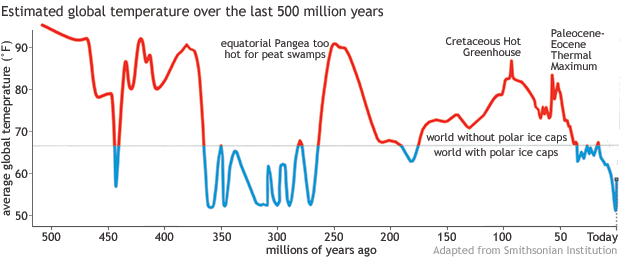-
Guest Post: Oppenheimer – Not The Morality Of The bomb
Written by Martin Sand & Karin Jongsma The recently released Christopher Nolan movie “Oppenheimer” proves to be a phenomenal movie that deserves being watched on screen. Despite its 3 hours length, “Oppenheimer” is an intriguing portrayal of a genius, albeit somewhat narcissistic character, who – in the second half of the movie – seemingly regrets…
-
The Language of Freedom in Public Health: the Case of the Smoking Ban
Alberto Giubilini “Enough manipulation of the definition of man, and freedom can be made to mean whatever the manipulator wishes” (Isaiah Berlin, Two Concepts of Liberty, 1958) The UK Prime Minister has announced his plan to ban the sale of tobacco products to young generations in England. Smoking will be phased out by…
-
More Demoralizing
Readers of this blog may remember a contribution by me on ‘Demoralizing Ethics’ earlier this year. It set out some arguments (from a paper on religious pluralism) for, at least initially, avoiding moral concepts and language in ethics. These arguments were based on parsimony and on avoiding emotional distortion, and outlined a demoralized ethical approach…
-
Banning Cigarettes, Paternalism, Liberty and Harm: Clearing the Smoke
Media headlines in the UK are widely reporting Rishi Sunak’s announcement of a proposal to ban smoking for younger generations. Under the proposal, the legal age of smoking would increase by one year every year so that, eventually, no-one would be able to buy tobacco. The proposal has proved to be controversial, and it has…
-
Why I Don’t Have Pronouns In My Bio.
Written by Neil Levy It’s now pretty standard for academics to put their pronouns in their bio – in email signatures, Twitter profiles, on Zoom and so on. There are two sorts of reasons to do this. The first is because you have a preference about your pronouns and there’s a reasonable chance that if…
-

Climate Change, Planetary Health and the Deep Significance of the Anthropocene
Written by Joseph Moore Preventing global climate change is currently the main item on our collective environmental agenda. I am certainly convinced of the need to reduce carbon emissions, restore carbon-sequestering ecosystems, generate renewable energy and develop more sustainable economic practices. Yet as I reflect on the nature of life and the history of the…
-
Guest Post: Nothing if not family?
Written by Daniela Cutas Lund University What are genetic relatives to each other if they are not de facto relatives? Is there no relation between a donor-conceived person and their gamete donor? Between the donor-conceived person and the donor´s other offspring or parents or aunts and uncles? Should parents facilitate acquaintance between their children and their…
-
Finding Meaning in the Age of Neurocentrism – and in a Transhuman Future
Written by Mette Leonard Høeg Through the ordinary state of being, we’re already creators in the most profound way, creating our experience of reality and composing the world we perceive. Rick Rubin, The Creative Act Phenomenal consciousness is still a highly mysterious phenomenon – mainly subjectively accessible, and there is far…
-
Well-being at Work
The University of Oxford, partly as a result of the pandemic, has recently begun to develop a new strategy and programme to support staff well-being. Last term, Frances Parkes, the Wellbeing Programme Manager, gave a fascinating presentation at the Oxford Uehiro Centre on well-being at work, and the resources available to staff to assist in…
-
AI As A Writing Tool: Great Benefits, Major Pitfalls.
Written by Neil Levy Large language models look set to transform every aspect of life over the coming decades. Some of these changes will be dramatic. I’m pretty unconcerned by the apocalyptic scenarios that preoccupy some people, but much more worried about the elimination of jobs (interestingly, the jobs that seem likeliest to be eliminated are…
